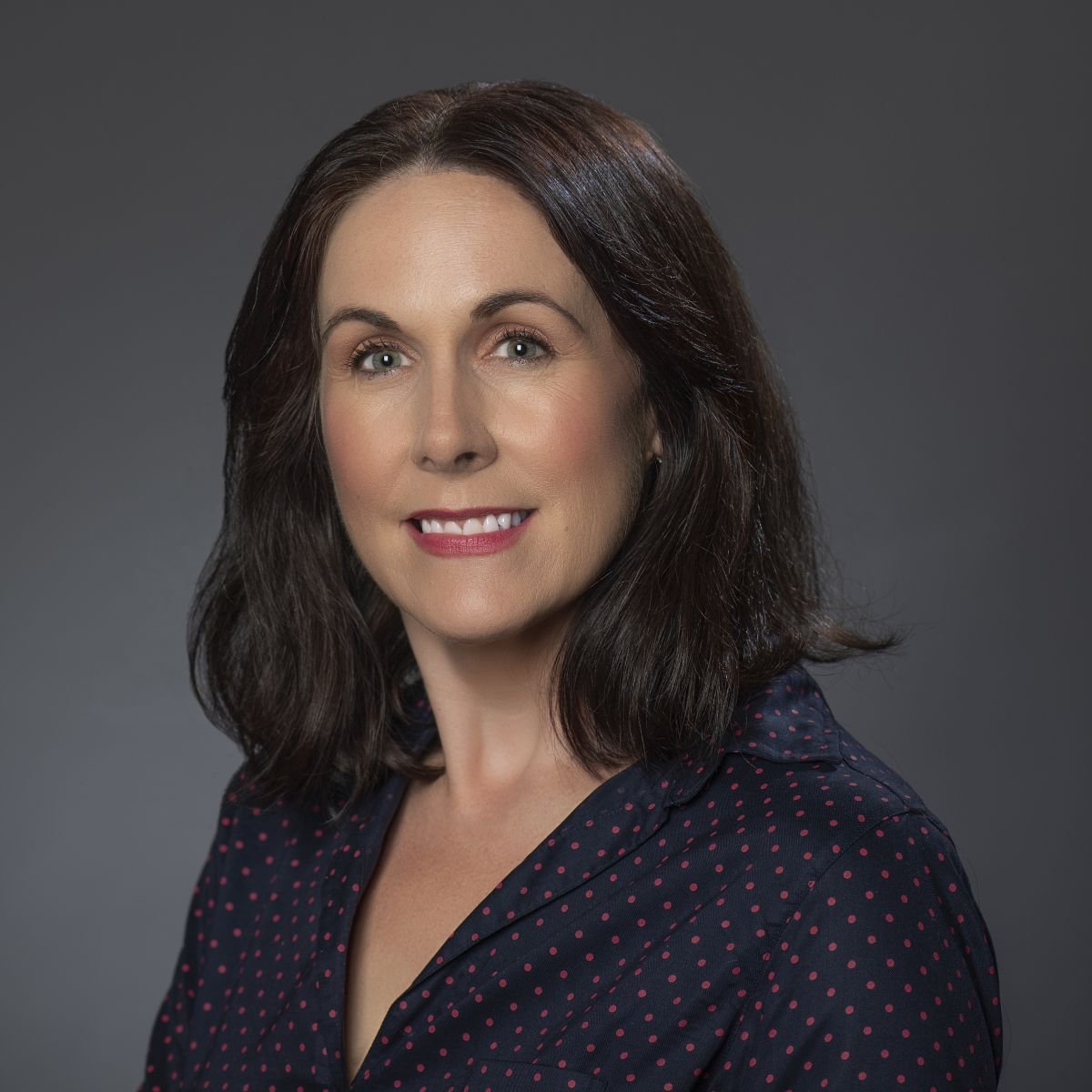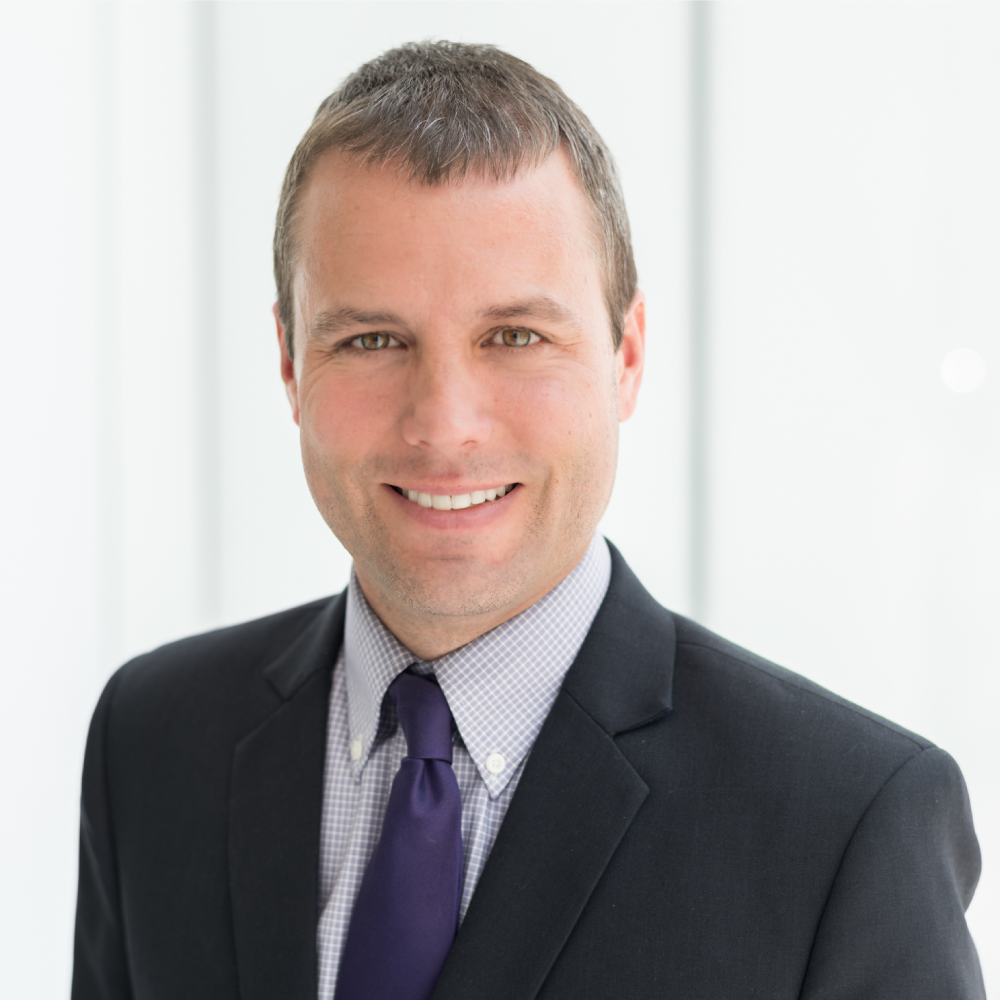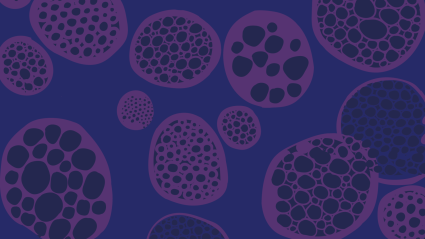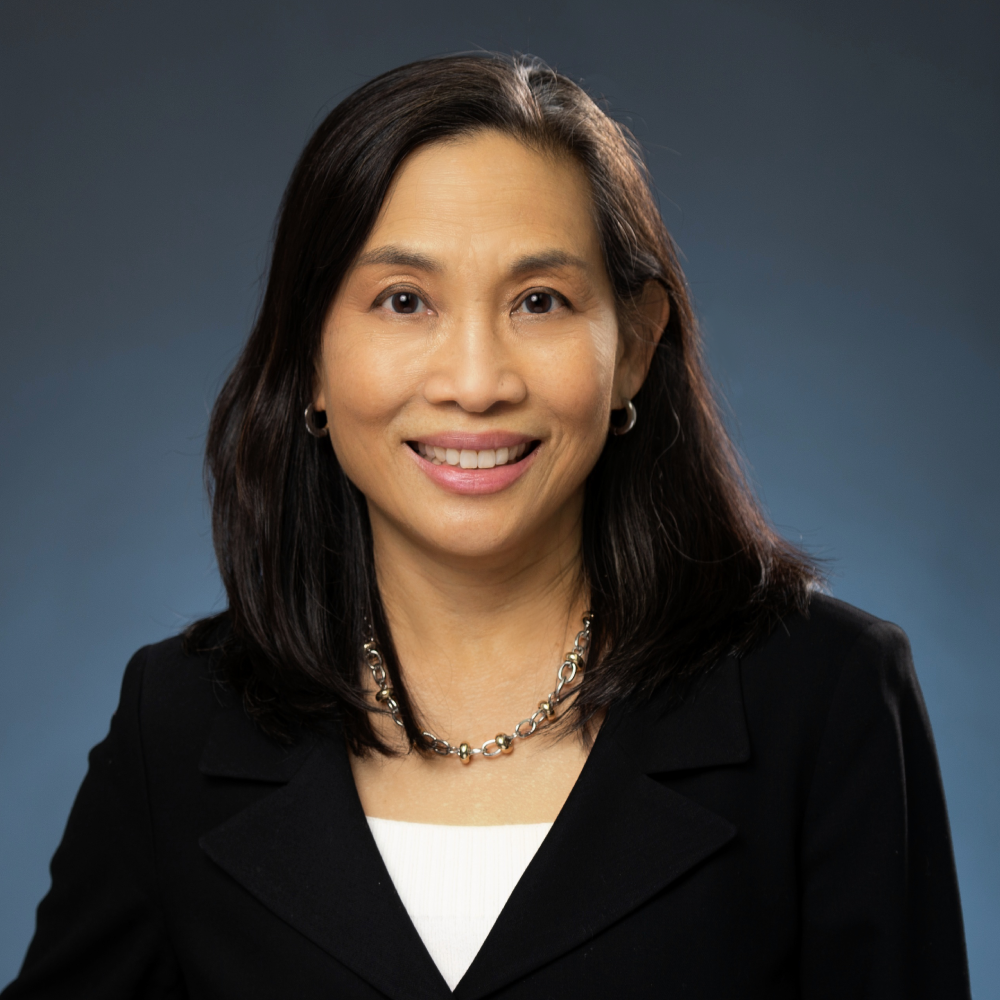LOS ANGELES—In a report released today, the Milken Institute Center for the Future of Aging explains the many physical and cognitive benefits that older people gain when they provide service to others, and the broad social and economic opportunities that derive from their contributions as they age with purpose. “The Power of Purposeful Aging: Culture Change and the New Demography” cites deeply ingrained negative stereotypes as the roadblock to purposeful aging.
“Our report is a call to action,” says Paul Irving, chairman of the Center for the Future of Aging. “It provides research, commentary, and a broad overview of the ways that both older adults and our communities can benefit from the promotion of purposeful aging. And it is an urgent appeal for our society and its institutions to make full use of this abundant human resource.”
The report stems from the 2016 Purposeful Aging Summit in Los Angeles—convened with the support of the John Templeton Foundation—where thought leaders from public policy, business, academia, philanthropy, and media discussed reframing perceptions of aging in the 21st century. They discussed the challenges and opportunities presented by population aging in our communities, the nation, and the world. They considered approaches to broadly engaging older adults in beneficial service. They urged the media, entertainment, and marketing industries to promulgate realistic portrayals of aging today and into the future.
Among the report’s findings:
- Each day, 10,000 Americans turn 65, and by 2030 one in five will be 65 or older. This record number of older adults represents a massive human capital resource that can change tens of millions of lives for the better.
- As people age, they develop a generative urge, a motivation to help guide the next generation.
- Studies show that purposeful activity may delay the onset of Alzheimer’s disease and buffer its effects on the brain. Research suggests that older adults whose self-perception of aging is positive live 7.5 years longer on average than those with negative self-perceptions.
- People over 50 in the United States are responsible for at least $7.6 trillion in annual economic activity. They control almost 80 percent of the nation’s aggregate net worth.
- Nearly a quarter of Americans over 55 volunteer in service to their communities, generating $77 billion in economic value annually.
“A cultural movement is needed to make a broad case for purposeful aging,” says Irving. “Not only to encourage new directions that recognize what it means to age in the 21st century, but to embrace purposeful aging as a way to improve society and enrich the entire life course. We hope our report helps inform–and catalyze–that movement.”
“The Power of Purposeful Aging: Culture Change and the New Demography” can be found here: http://aging.milkeninstitute.org/assets/Uploads/PAS-16.pdf
About the Center for the Future of Aging
The mission of the Milken Institute Center for the Future of Aging is to improve lives and strengthen societies by promoting healthy, productive, and purposeful aging.
aging.milkeninstitute.org
Twitter
Facebook
LinkedIn
For the members of the Center for the Future of Aging Board of Advisors, click here.
Contact
Anne Schroeder
Media Advisor
(310) 570-4623; [email protected]
# # #














